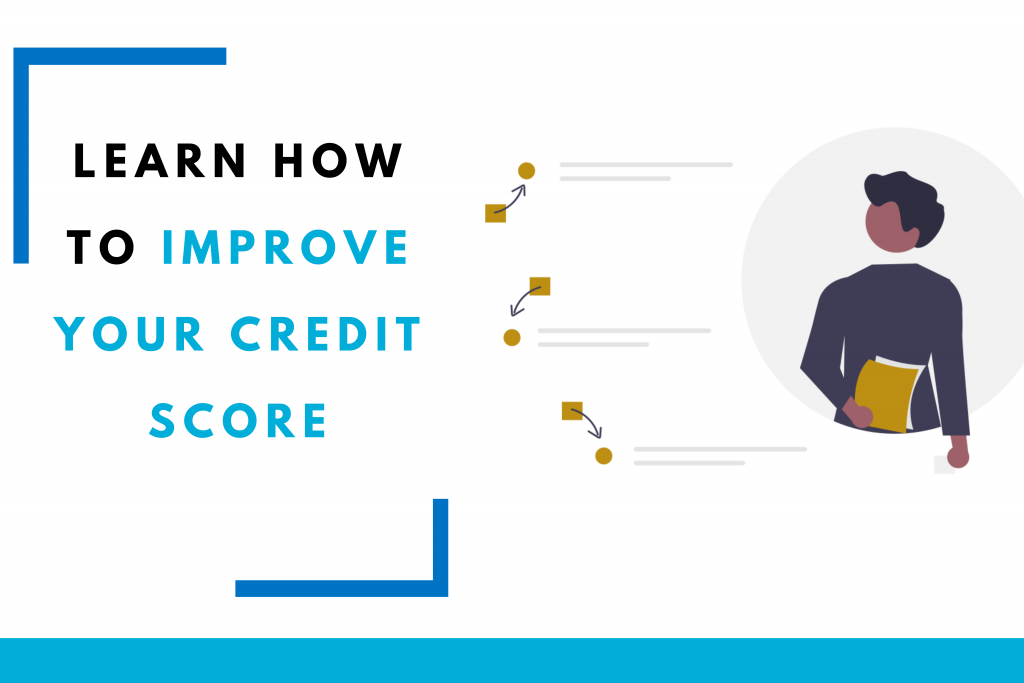You can have an unlimited number of FHA loans at one time. However, having too many mortgages could affect your ability to get an FHA loan.
This blog post will discuss how many FHA loans you can have and what happens if you exceed that limit. We will also provide tips on staying within limits set by the FHA.
Having More Than One Loan
Many people find themselves in the position of having more than one FHA loan. It can happen for various reasons, including consolidating debt, taking out a home equity loan, or falling behind on payments.
Whatever the reason, having multiple loans can be daunting. Not only do you have to keep track of various payments, but you also have to worry about the potential for late fees and a negative impact on your credit score.
It’s common to have multiple loans out at the same time. Many people have a handful of loans they are responsible for repaying monthly.
While it can be helpful to have access to extra money when you need it, it’s essential to be mindful of the risks associated with taking on multiple loans. One of the biggest dangers of having multiple loans is that you may feel overwhelmed by your debt.
It can be easy to fall behind on your two mortgage payments if you’re juggling too many different loans, which can lead to serious financial problems. Another risk is that you may pay more interest and fees than you would if you only had one loan.
It’s essential to consider the pros and cons of taking on multiple loans before making any decisions. Whether it is your first FHA loan or second FHA loan, you should be aware of the associated risks.

How Many FHA Loans Can You Have?
You might wonder how many FHA loans you can have if you want to purchase a home. The good news is that there’s no limit to the number of FHA loans you can have – even if you already own a home or two FHA loans.
However, there are some restrictions on how much money you can borrow. For instance, if you’re using an FHA loan to purchase a primary residence, you’ll be limited to 90% of the FHA home loan appraised value.
And if you’re using an FHA loan to purchase a secondary or investment property, you’ll be limited to 85% of the appraised value. So while there’s no limit to the number of FHA loans you can have, there are still limits on how much money you can borrow.
How To Qualify For Multiple FHA Loans: Basic FHA Loan Requirements
To qualify for multiple FHA loans, borrowers must have a credit score higher than 580 and show they can afford monthly loan payments. They must also have a steady employment history.
Additionally, If you don’t have a regular job or employment income and can document another source of income, you could still qualify for an FHA loan. Finally, while there are no strict limits on the number of FHA loans a borrower can take out, lenders may limit the number of FHA mortgage loans they are willing to extend to any borrower.
Therefore, you must compare offers from multiple mortgage lenders before choosing a loan. By understanding the essential requirements and shopping around for the best terms, borrowers can ensure that they will be able to qualify for multiple FHA loans.

What Happens If You Exceed FHA Loan Limit?
If you exceed the loan limit on your new FHA loan, you could be subject to penalties and fines. In addition, your mortgage lender may also require you to repay any excess amount that exceeds the limits set by the FHA.
Sometimes, lenders may deny a loan application if an applicant has exceeded their maximum allowable loan amount. Therefore, staying within the existing FHA loan limits is essential to avoid fees or penalties.
By understanding the basic requirements, comparing offers from multiple lenders, and staying within limits set by the FHA, borrowers can ensure that they will be able to qualify for multiple FHA loans. With careful planning and research, it’s possible to have multiple FHA loans without excessive worry about financial risk.
By taking a proactive approach to budgeting and loan management, borrowers can ensure they take on only a little debt or fall behind on payments. In addition, with careful planning, taking out multiple FHA loans can be a great way to help you reach your short-term and long-term financial goals.
Conclusion
In conclusion, having multiple FHA loans can be beneficial and help you reach your financial goals, but it’s essential to make sure that you’re aware of the potential risks involved. Make sure you understand the loan requirements and shop for the best offers before making any decisions.
You should also be aware of the loan limits and stay within them to avoid penalties or fees. Taking a proactive approach to budgeting and loan management can ensure that multiple FHA loans will help you reach your financial goals without putting yourself at too much risk.
That’s all you need to know about how many FHA loans you can have. Good luck!
FAQs
Can I get more than one conventional loan?
It depends on your financial situation and the lender’s guidelines. For example, some lenders may allow you to have multiple conventional loans, while others may not.
Is debt to income ratio necessary in having multiple FHA Loans?
Yes, your debt-to-income ratio is essential when taking out multiple FHA loans. Ensure you understand your debt-to-income ratio and that it meets the lender’s requirements before applying for a loan.
Is a loan officer needed to obtain an FHA loan’s balance?
It depends on the lender. Some lenders may require that you work with a loan officer to obtain an FHA loan’s balance, while others may not. Please speak with your lender to find out what their specific guidelines are.



